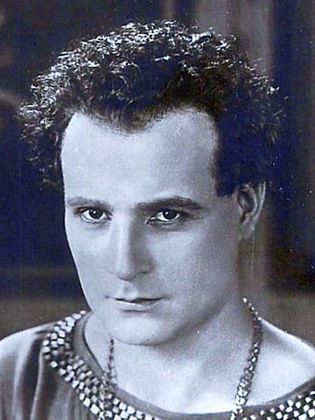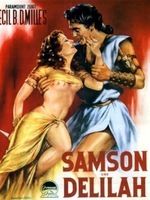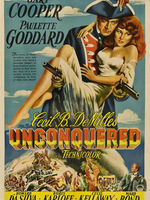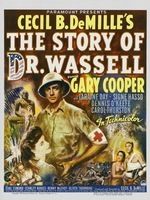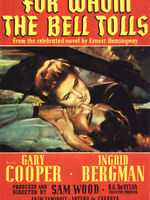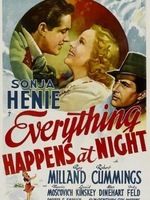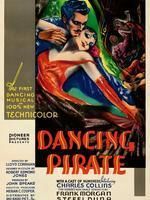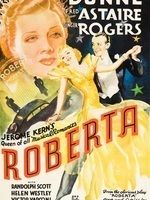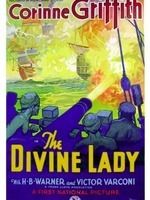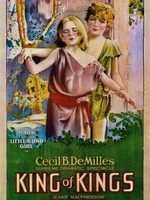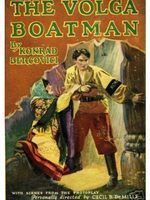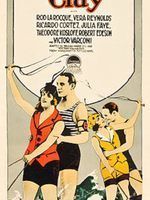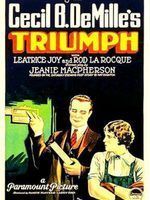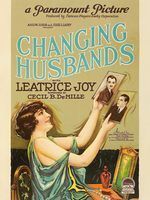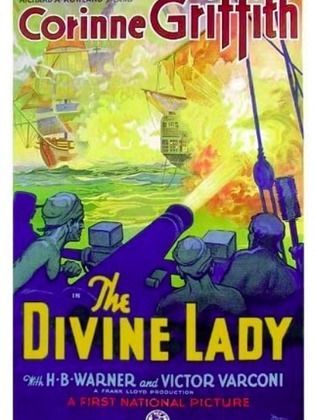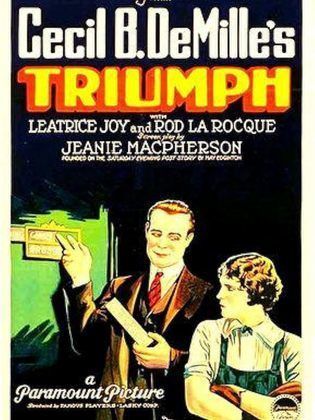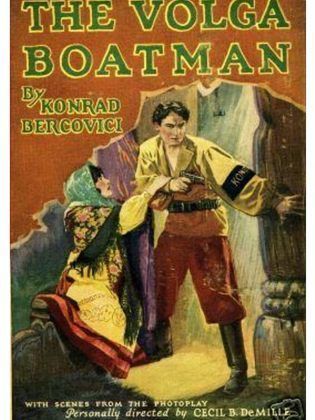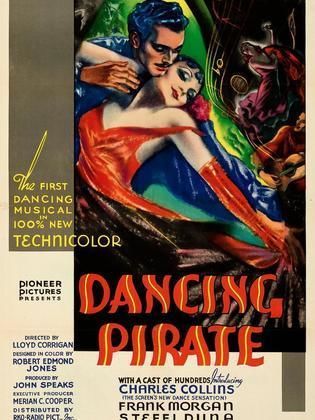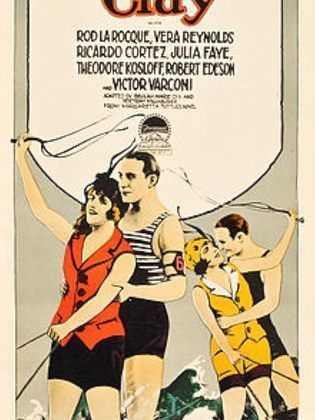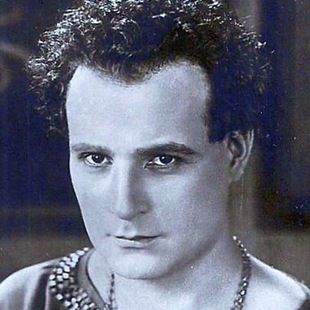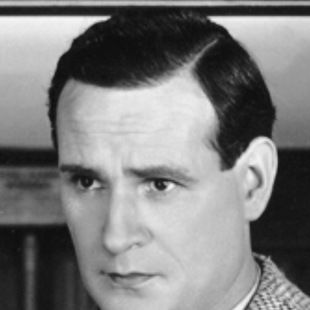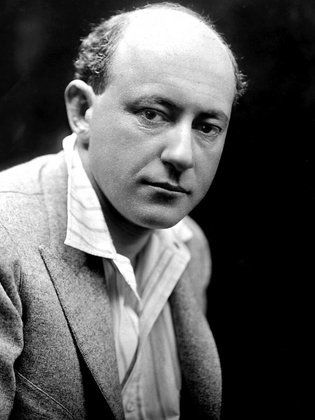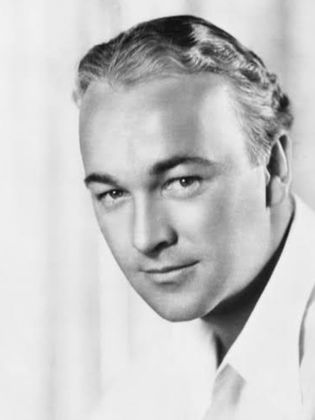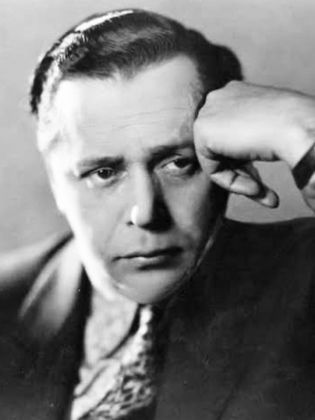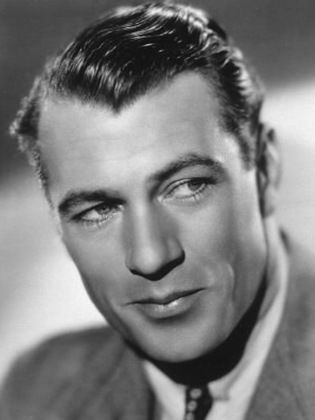Victor Varconi (1891 - 1976) فيكتور فاركونى
Biography
A Hungarian actor, born in Kisvarda, Hungary, as Mihaly Varkonyi. He married twice and had no children. His credits include The Divine Lady (1928), Chicago (1927), For Whom the Bell Tolls (1943), and The Last Days of Pompeii (1926). Victor found success in his beginnings in...Read more Hungary, as well as in Germany and Austria, in his silent films before moving to the United States. He continued to appear in sound films and also appeared in British and Italian films. Victor was born into a farming family on the Hungarian/Romanian border. He trained at the Budapest College of Commerce and the Drama School. He worked at the National Theater in Budapest. His theatrical popularity led him to work in Hungarian cinema and made the film Son of the Pusta (1914) after he made more than 50 films. After the European turmoil in 1924, he headed to the United States of America to try his luck in Hollywood. He contracted with Cecil B. DeMille. After his brilliance in Hollywood, he returned to Hungary to present some European productions but returned to Hollywood again. He played romantic starring roles opposite some of the most gorgeous and talented stars in silent cinema. His last silent role was in the movie The Divine Lady. With the introduction of sound into films, his dialect, which was closest to the people of Romania, was an obstacle to him taking on starring roles, so he played smaller roles and played the roles of ethnic characters, especially Spanish ones, and cinema benefited from him during World War II, in playing the roles of Axis leaders. After his film career faded, he turned to theater work and writing for radio, starring in Shakespearean theater classics, such as Hamlet, Romeo and Juliet, Antony and Cleopatra, and Richard III. He also went to television work in the 1950s, then retired. He died in Santa Barbara, California, USA, on June 6, 1976, as a result of a heart attack.
Watch Online (Sponsored By Yango Play)
-
-
- 2 Qahwa
- 2025 - Series
-
-
- Rocky El Ghalaba
- 2025 - Movie
-
-
- One Last Sin
- 2025 - Series
-
-
- Al Shater
- 2025 - Movie
-
-
- Siko Siko
- 2025 - Movie
-
-
- Ward w Shokolata
- 2025 - Series
Known for
(According to views)
More details
A Hungarian actor, born in Kisvarda, Hungary, as Mihaly Varkonyi. He married twice and had no children. His credits include The Divine Lady (1928), Chicago (1927), For Whom the...Read more Bell Tolls (1943), and The Last Days of Pompeii (1926). Victor found success in his beginnings in Hungary, as well as in Germany and Austria, in his silent films before moving to the United States. He continued to appear in sound films and also appeared in British and Italian films. Victor was born into a farming family on the Hungarian/Romanian border. He trained at the Budapest College of Commerce and the Drama School. He worked at the National Theater in Budapest. His theatrical popularity led him to work in Hungarian cinema and made the film Son of the Pusta (1914) after he made more than 50 films. After the European turmoil in 1924, he headed to the United States of America to try his luck in Hollywood. He contracted with Cecil B. DeMille. After his brilliance in Hollywood, he returned to Hungary to present some European productions but returned to Hollywood again. He played romantic starring roles opposite some of the most gorgeous and talented stars in silent cinema. His last silent role was in the movie The Divine Lady. With the introduction of sound into films, his dialect, which was closest to the people of Romania, was an obstacle to him taking on starring roles, so he played smaller roles and played the roles of ethnic characters, especially Spanish ones, and cinema benefited from him during World War II, in playing the roles of Axis leaders. After his film career faded, he turned to theater work and writing for radio, starring in Shakespearean theater classics, such as Hamlet, Romeo and Juliet, Antony and Cleopatra, and Richard III. He also went to television work in the 1950s, then retired. He died in Santa Barbara, California, USA, on June 6, 1976, as a result of a heart attack.
- Nationality:
- Hungary
- Birth Name:
- Mihaly Varkonyi
- Birth Country:
- Hungary
- Death Country:
- US
- Death City:
- California

